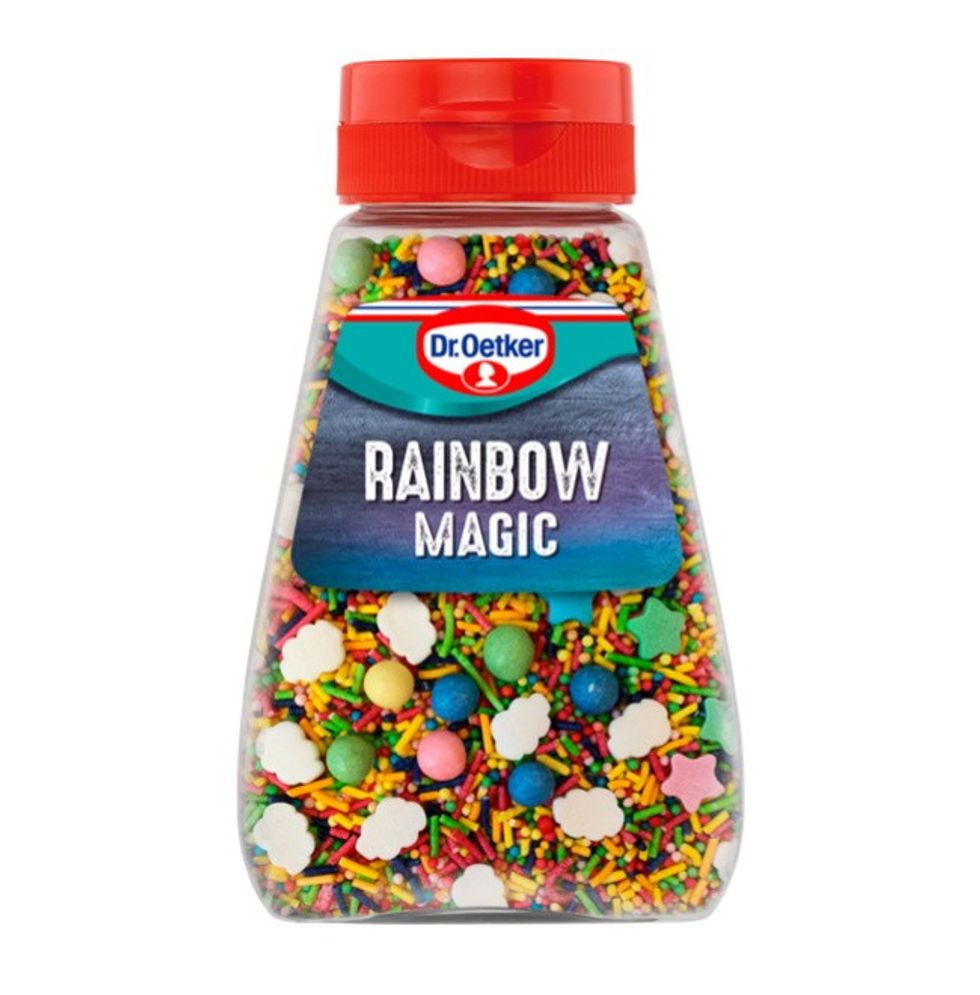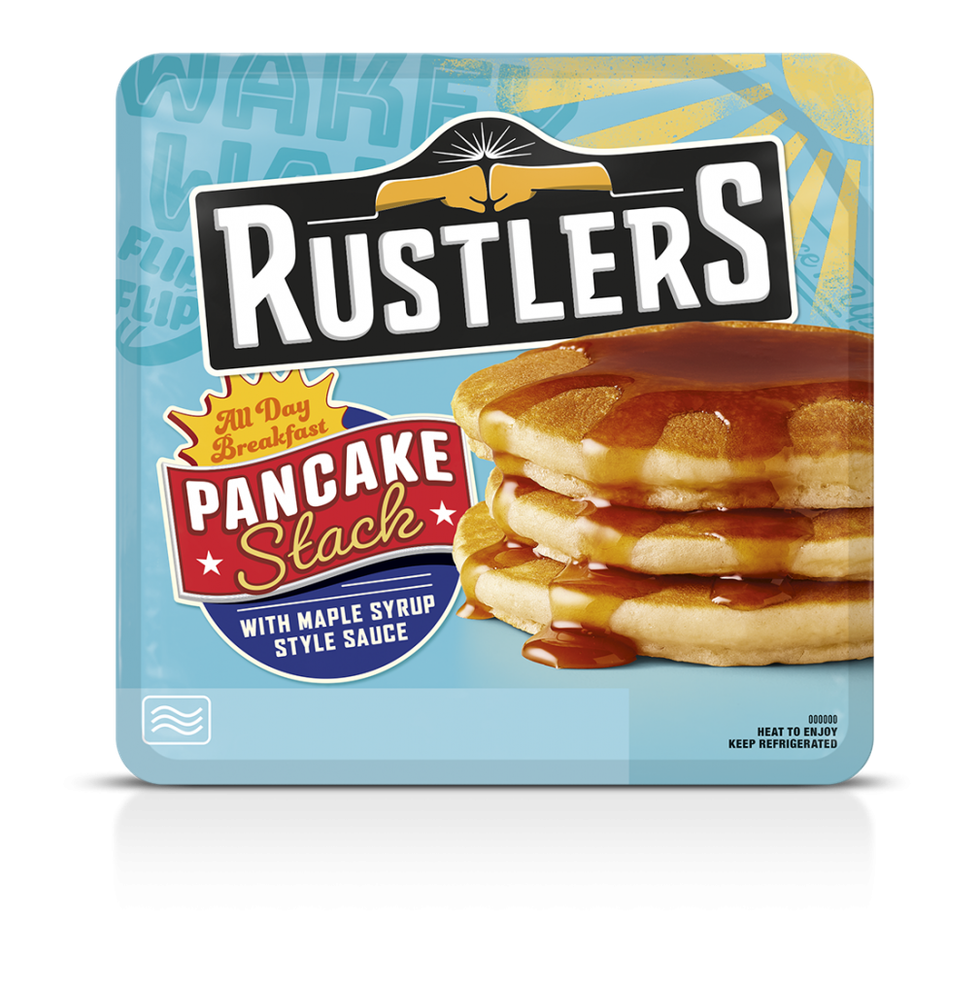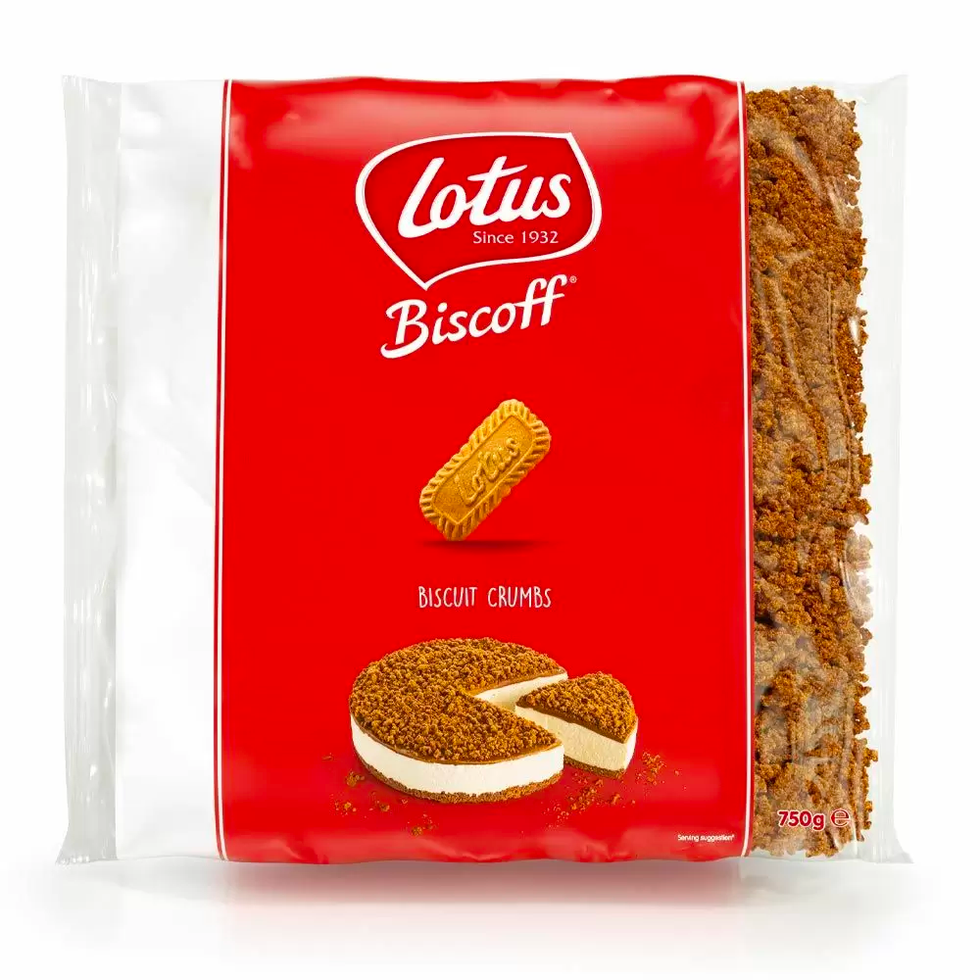Like many old celebrations and rituals, Pancake Day has lost most of its religious freight in the modern world, but it is still officially known as Shrove Tuesday.
The word shrove is from the nearly derelict verb, “shrive” – to grant absolution for someone's sins by way of Confession and doing penance, which immediately dates the occasion to the pre-Protestant days of the sixteenth century, when England was still Catholic.
If you were “shriven” and forgiven your sins, you were ready to begin the period of Lent – a fasting month, a bit like periods of fasting in Islam (Ramadan) and Hinduism, that prepares you spiritually or for a big event.
Thus Shrove Tuesday was named after the custom of Christians to be "shriven" before the start of Lent.

But what does that jhave to do with pancakes? Well, it was all about finishing off the “sinful” and indulgent fats and sugars in the kitchen before we all went back to eating plain, basic food (Easter arrives with a big blow-out meal) – dairy, fats, and meats (which were either eaten up or salted and hung the day Shrove Tuesday, on “Collop Monday” – a collop being a thin slice of meat). The deadline for empty pantries is the following day, Ash Wednesday, and then nothing naughty until the end of Lent.
The last few years has seen Shrove Tuesday edge earlier in the year. In 2022 it was March 1, and last year 21 February. This year it is 13 February. The point is that Shrove Tuesday always occurs 47 days before Easter Sunday, a day based on the cycles of the moon. This means pancakes ahoy at any time between 3 February 3 and March 9. This year Pancake Day is 13 February.
Pancake Day is celebrated all over the world, especially in Catholic countries (sweet pa̡czki are traditional in Poland) or in in English-speaking ones such as the UK, Ireland, Australia and Canada. In France, the USA and other countries, it is called “Mardi Gras” – in New Orleans the pancake is called “King Cake” and is eaten on “Fat Tuesday”.
The pancake has been around for a long time and shows up in recipes dating as far back as 1439. According to a book from 1619, people were flipping them back then as well: “And every man and maide doe take their turne, And tosse their Pancakes up for feare they burne.” (from “Pasquil’s Palin”).
While not representing a huge spike in sales in the way that Easter boosts chocolate, for example, Pancake Day is still a very useful occasion for retailers to draw in footfall – especially distressed sales as parents rush around to gather ingredients at the last minute before post-school suppers.
Impulse buys
After Christmas, Pancake Day is the second biggest sales week for the Total Ambient Home Baking category, with total sales being +24 per cent higher than the average week,” says Jen Brown, Head of Marketing for Cake at Dr. Oetker Baking.
“In some of these sub sectors there are huge sales opportunities, not surprisingly there is a huge uplift in the baking mix sector, with sales of Pancake Mixes during the week of Shrove Tuesday being worth £1.8m, up over 1,000 per cent vs. an average week. (Source: Circana 52 w/e 14 October 2023, Pancake Mixes)
Pancake Day is the highest indexing event of the year (153) for the baking sector and sales spikes are often seen in the week before and maintained throughout the week of the event itself,” says Jen Brown, Head of Marketing for Cake at Dr. Oetker Baking.
She adds that when it comes to which key products perform best over the Pancake Day occasion, a popular seller is the base ingredient, Baking Powder, along with a variety of flavourings, with the top choice being Madagascan Vanilla.
“Confectionery products such as chocolate chips and chocolate chunks are also popular and we also see other types of decorations over indexing more highly, particularly sprinkles. Dr. Oetker has a range of colourful and exciting sprinkles including Unicorn Confetti, Rainbow Magic, Chocolatey Caramel Crunch, Bright & Bold Sprinkles and a Chocolatey Mix.”
The confectioner Hancocks has unveiled an extensive range of toppings, spreads and sweets ahead of Pancake Day that it would be well worth stocking up on, including sweet toppings, spreads and syrups from customers’ favourite brands such as Kit Kat, Lotus Biscoff, Hershey’s and Bonds.
“Pancake Day is a great opportunity for retailers to drive sales during the quieter time between Valentine’s and Mother’s Day,” said Kathryn Hague, head of marketing at Hancocks.
“The key products we recommend stocking are a variety of toppings, spreads and syrups that will undoubtedly be popular in the weeks leading to Pancake Day.”
Brown advises that shoppers often use in-store displays for reminders and inspiration, meaning that in-store feature space has the potential to drive uplifts of over +100%. “The best way to drive sales for Pancake Day is to use this feature space to inspire shoppers, including solutions for both from scratch bakers and convenience bakers with both base ingredients and ready-made mixes. Other key products to focus on are those that help consumers to decorate their pancakes,” she says
The Hancocks range includes sweet toppings, spreads and syrups from customers’ favourite brands like Kit Kat, Lotus Biscoff, Hershey’s and Bonds.
Pancakes prepare for Spring
There was a huge rise in sales of baking products over the pandemic period as the nation rediscovered the joys of domesticity and a slower pace of family life. That sales soufflé collapsed somewhat after lockdown ended, but home-baking has nonetheless regained some of its traditional eminence. Pancakes – the fast-food of the baking world (not strictly baked of course but called “cakes” after all) – are the cheerleaders for a consumer awareness of cooking tasty treats at home, and sales of other ingredients and products can usefully be stocked alongside and sold in the wake of pancake enthusiasm.
To that end, don’t treat Pancake Day as just about pancakes – think of it as Cake Day or Sweet Treat Tuesday and merchandise other delicious ready-baked goods and ingredients for more ambitious concoctions – not only lemon and jam and sugar, but sprinkles and sauces and other fillings for sponges and layer cakes and all manner of cookies.
Brown says that having feature space for the key products is essential for bringing in shoppers: “People have lots of different preferences when it comes to pancakes, whether it is making from scratch or ready-made shortcuts. Everyone also has their favourite toppings so getting the most popular is key.”
She says the top products to list are:
- Scratch Ingredients: Flour, Eggs, Baking Powder, Vanilla Extract
- Mixes: Crepe Pancake Mix, American Pancake Mix
- Toppings: Lemon Juice, Sugar, Maple Syrup, Golden Syrup, Spreads e.g. Nutella
Stack ’em up
Pancake day is not just for afternoon tea or supper. Although weekday breakfasts can be too hurried to make pancakes from scratch, the perfect solution is at hand because Rustlers, synonymous with their convenient chilled ready meal offering, provides a chilled single serve option similar to the well-established variants in QSR.
The multiple award-winning Rustlers All Day Breakfast Pancake Stack (three buttermilk pancakes with a sachet of maple syrup-style sauce) has quickly become one of the fastest growing products in the brands’ range since launching in 2022.
“Ideal for shoppers seeking a hassle-free alternative to scratch cooking and batter mixes, the All Day Breakfast Pancake Stack (case size four) features three buttermilk pancakes, served with a sachet of maple syrup style sauce,” says Elaine Rothballer, Head of marketing consumer brands at Kepak.
To sell more on Pancake Day, it’s essential to be aware of the mealtime possibilities and the many accessories, toppings and fruits that can be sold alongside the basic ingredients.
Jen Brown adds: “The best way to convert advertising into sales is to offer clear, simple price messaging and ensure there is a strong association for families. Another key trend to tap into is ‘solution-based’ content which includes equipment that can be used to drive performance.”
That doesn’t mean you have to sell fry-pans (though perhaps not a terrible idea), but helpful squeezy bottles of syrups, and handy containers of sprinkles can be quick sellers.
Retailers with digital marketing platforms might also consider creating a mini “event” to showcase Pancake Day products and bundle solutions to their shoppers and drive up basket spend.
Be sure you have enough flour on the shelf and be sure to have plenty of eggs around – we get through a staggering 52 million of them on Pancake Day, 22 million more than on a regular day. You should also consider a pre-mixed pancake mix for hassled parents.
These are almost guaranteed sales: Brits on average consume two pancakes per person on Pancake Day, meaning that the country will consume 117 million pancakes on February 13!
Absolutely delicious recipes
Why not try these delicious recipes from Lyle’s Golden Syrup, and Tat & Lyle sugar, alongside (and after) pancakes and Pancake Day – and help to grow sales of the category in your store?











